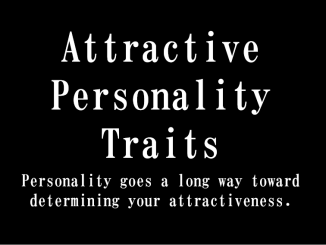It’s definitely a trend I see in relationship counselling – a partner feeling as though they’ve been deceived.
Sadly, sometimes (or actually, you might say often) it isn’t just feeling deceived, they have literally been deceived by their partner through an act such as infidelity.
But, the truth is, most people deceive themselves long before they deceive another. They might have been doing it for decades.
I don’t mean these people are necessarily deceptive or manipulative by nature, that they are monsters (if only it was that easy), it’s often just that they haven’t had to, or haven’t yet chosen to work on themselves.
They’ve been walking around with a version of themselves that isn’t their actual, true, and understood honest selves. They’ve had blinkers on, or been walking around in a metaphorical fog.
I speak with some authority here as this was me – 100%. I was a screwed-up kid that became a screwed-up teenager that went on to be a screwed-up twenty-something.
If self-deception was an Olympic sport I would have been the world champion.
I had no choice but to show the world this version of myself that I had created (or was also partly created by others) because I genuinely didn’t know I was doing it.
I didn’t know myself, I had forgotten who I really was.
My self-deception led me into a doomed marriage and only when that ended did I have to change (both through choice and circumstance).
Therapy helped me remove the fog, remove the blinkers and reconnect with the little boy inside that was buried for way too long.
Now, that is not to say that who I am today is perfect. Therapy really only helps you realize your deeper humanity, and with this comes a deeper understanding of yourself.
You get to know not just your good bits, but your broken, dysfunctional, flawed, and vulnerable bits too.
The things that make you human, and potentially more lovable too.
But, that deeper understanding (or as I normally describe it ‘personal awareness’) comes with the ability to present to the world a more genuine, less-edited, more honest version of yourself.
In therapy, we often call this ‘The Healthy Adult’.
It is only when you do this do you potentially realize that the people around you don’t, or didn’t, or can’t, really see inside. You had been deceiving them because you hadn’t got a real handle on yourself first.
This is why, quite often, relationship counselling leads to the focus being the change and growth of the individuals, not just the couple.
Further to all this, if the person has been exposed to invalidation through childhood (through the way they were parented, bullied, excluded, abused, etc.) they most likely are also disconnected from their emotions.
Though this is not always the case, sometimes the most loving and stable environments can also foster self-deception and don’t actually challenge a person to grow/connect with themselves.
All romantic relationships are based on and in emotions. So, if one-half of the relationship is not in a healthy space, what kind of knock-on effects do you think are going to occur?
And, when it comes to deception, in particular infidelity, emotions are (almost) always at the centre of that occurrence.
What is the answer? Ideally, grow together, grow your understanding of each other, get some support, and try to find your true self before significant damage is done, not just to the relationship, but to your life.
But, if you are on the other side of everything falling apart, please, do the work and grow that understanding, otherwise, you are doomed to potentially completing the cycle all over again.



